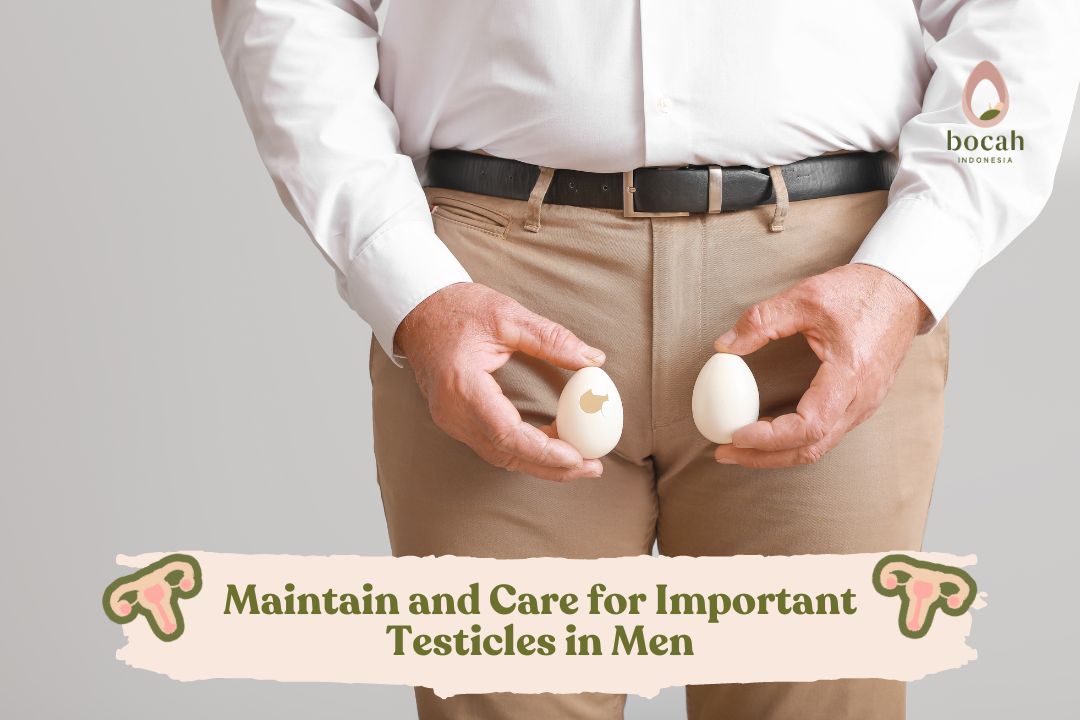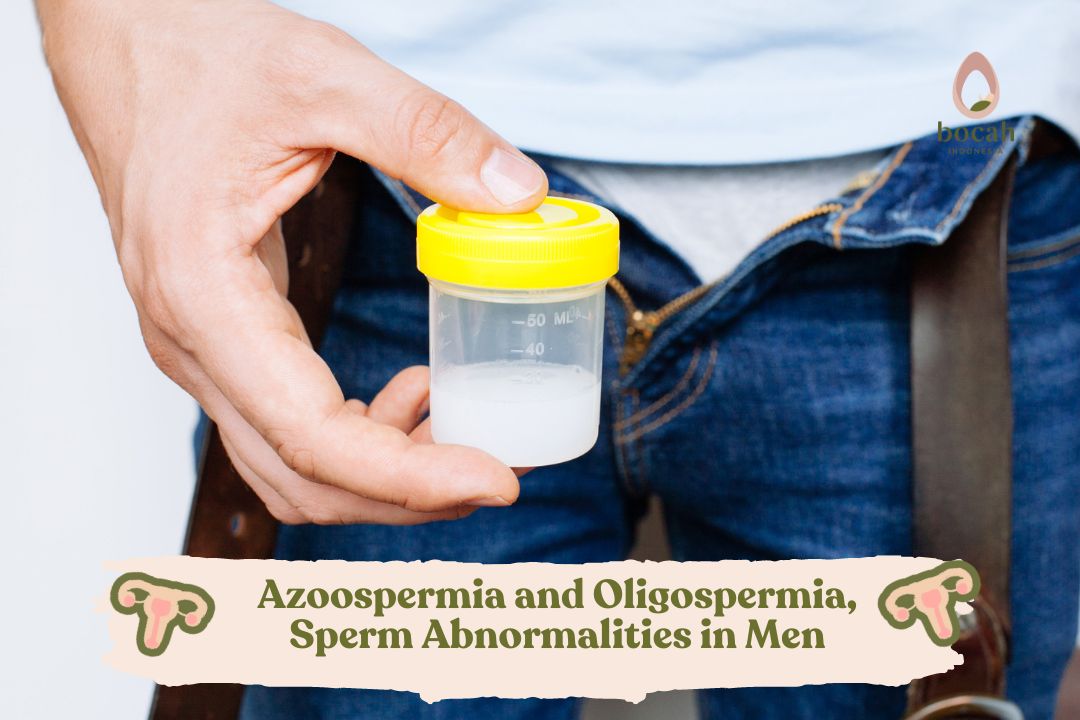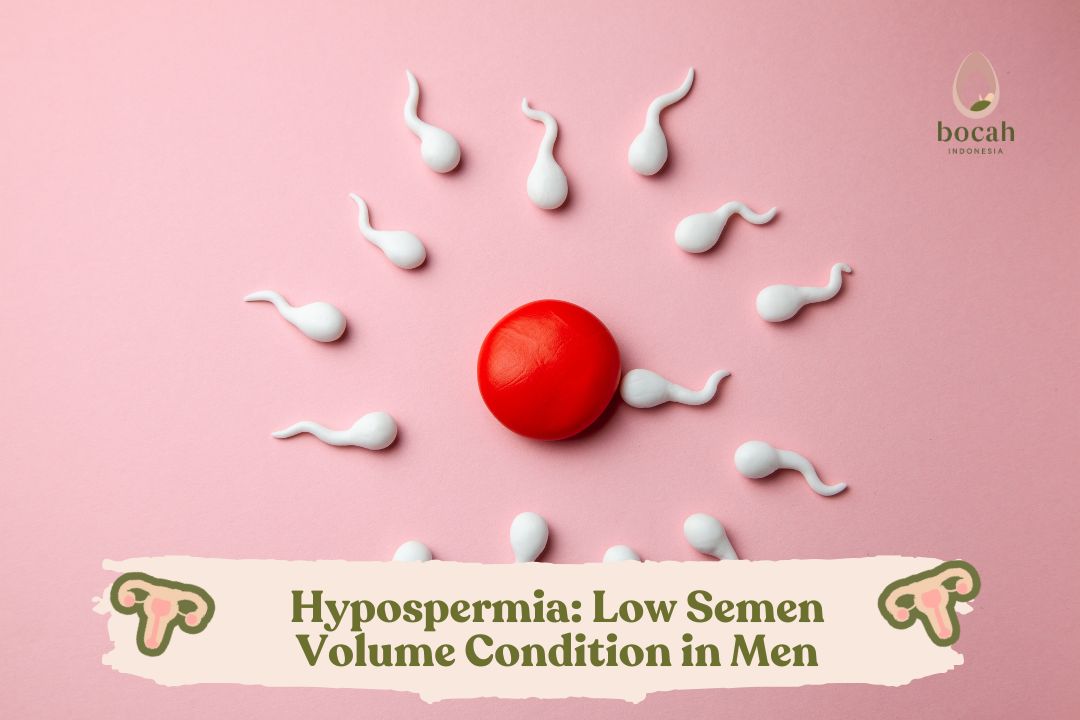Is Ejaculating Every Day Harmful for Men?

There are still many misconceptions about the dangers of ejaculating every day. Find out the facts here.
Ejaculation usually begins when a person starts producing sperm or during puberty. Puberty occurs at different times for everyone. Typically, puberty starts between the ages of 10 and 12.
A person usually ejaculates for the first time during a “wet dream” or after masturbation. So, is ejaculating or releasing sperm every day harmful?
How Often Should Ejaculation Occur
There are no specific rules on how often a man should ejaculate. This can vary from person to person. Some men may feel comfortable with a higher frequency, while others may choose to do it less often.
There is no “normal” amount for the frequency of ejaculation because sexual needs and preferences can differ. It’s important to communicate to ensure mutual comfort.
Mulai Journey of Hope
Are There Negative Effects of Ejaculating Every Day?
It’s important to know that there are no negative effects of ejaculating sperm every day. In fact, daily ejaculation can have benefits rather than negative effects, except in cases of chronic masturbation addiction.
Daily ejaculation is not something to be feared. Many people ejaculate every day, and it is safe as long as it does not reach the level of addiction. There are several advantages to regularly releasing sperm every day, including:
-
Helps reduce stress and anxiety levels.
-
Based on scientific studies, regularly releasing sperm every day can reduce the risk of prostate cancer.
-
Daily ejaculation can increase a man’s happiness levels by releasing dopamine hormones into the body. Dopamine plays a role in motivating daily activities.
-
Regular ejaculation can improve sleep quality.
The Relationship Between Ejaculation Benefits and Prostate Cancer
According to research published in European Urology in 2016, men who ejaculate more frequently have a lower risk of prostate cancer. This study involved monitoring men for nearly two decades.
The study’s findings showed that men aged 40-49 who ejaculated more frequently had a lower risk of prostate cancer. Men with the lowest risk were those who ejaculated at least 21 times per month.
Although this study did not state that frequent ejaculation can directly prevent cancer in younger men, researchers are still unsure whether frequent ejaculation can have a positive impact against prostate cancer or other cancers in men under the age of 40.
Since there is no evidence to suggest that frequent ejaculation is harmful to health, it is still recommended to maintain sexual organ health by leading a healthy lifestyle, consuming a balanced diet, and paying attention to the intake of necessary vitamins and supplements.
In conclusion, there are no negative effects of ejaculating every day. However, if you feel like abstaining from ejaculation due to personal preferences, there is no harm in trying. Some people believe that abstaining from ejaculation helps maintain testosterone balance, but there is no clinical research to support this. Masturbation itself does not affect overall testosterone levels.
So, that’s the explanation regarding the negative effects of ejaculating every day. If you have questions about fertility or family planning programs, find out more information at Bocah Indonesia.
This article has been medically reviewed by Dr. Chitra Fatimah.
Source:
- Fischer, N., et al. (2022). Prevalence of Masturbation and Associated Factors Among Older Adults in Four European Countries. Arch Sex Behav. 2022; 51(3): 1385–1396. https://link.springer.com/article/10.1007/s10508-021-02071-z
- Rider, J. R., et al. (2016). Ejaculation Frequency and Risk of Prostate Cancer: Updated Results with an Additional Decade of Follow-up. European Urology, Volume 70, Issue 6, December 2016, Pages 974-982. https://www.europeanurology.com/article/S0302-2838(16)00377-8/fulltext/ejaculation-frequency-and-risk-of-prostate-cancer-updated-results-with-an-additional-decade-of-follow-up
- Kaestle, C. E., Allen, K. R. (2011). The Role of Masturbation in Healthy Sexual Development: Perceptions of Young Adults. Archives of Sexual Behavior volume 40, pages983–994. https://pubmed.ncbi.nlm.nih.gov/21293916/
- Levin, R. J. (2006). Sexual activity, health and well-being – the beneficial roles of coitus and masturbation. Sexual and Relationship Therapy, Volume 22, 2007 – Issue 1. https://www.tandfonline.com/doi/abs/10.1080/14681990601149197
- Robbins, C. L., et al. (2011). Prevalence, Frequency, and Associations of Masturbation with Partnered Sexual Behaviors Among US Adolescents. Arch Pediatr Adolesc Med. 2011;165(12):1087-1093. https://pubmed.ncbi.nlm.nih.gov/21810625/
- Fasting While Trying to Conceive? Healthy Meal Ideas for the Entire Month - 04/03/2026
- 12 Foods to Help You Get Pregnant Faster - 03/03/2026
- 3 Juice Recipes for a Pregnancy Program - 26/02/2026













